How the arrest of one man can devastate over 500 families? This question lies at the heart of a case involving industrialist Tahir Hussain, who the Delhi Police arrested in March 2020. His factories, spread across multiple cities in India, provided livelihoods for more than 500 employees. Since his arrest, these factories have been closed, his accounts have been frozen, and many families have been forced into unemployment.
Typically, police and courts do not shut down the businesses of any industrialist, even if he is embroiled in the biggest scandals. Take the Sahara Group, for instance. Yet, Hussain’s case is unique—His alleged crime was not one of deceit or malfeasance but rather his dedication to his community during the 2020 Delhi riots. As a Muslim and a member of the Pasmanda community, Hussain has faced treatment that far exceeds that of ordinary offenders.

Readers can help themselves with Google to understand that Tahir faced one of the worst, if not the worst, media trials just after the riots. He was slapped with the most cases, i.e. 12. All the politically motivated propaganda media left no stone unturned in proving him the ‘mastermind’ of the riots. It is sad, as well as interesting, that after more than four years of these arrests while our so-called pro-political prisoner media and activists organise events to mark anniversaries of incarceration of Umar Khalid where Khalid Saifi, Gulfishan Fatima and Miran Haider also find mentions at different times. Time to time we see social media posts and rare mentions of Sharjeel Imam as well but Tahir is almost forgotten.
To put it in context. While other political prisoners were rather young, Tahir was one of the most influential Muslim of North East Delhi and was an elected representative on an AAP ticket. We can say that of all the prisoners he was the most prominent businessman as well as politician. This also explains why the media hounded him the most, the police charged him with the most cases and arrested him the first (of course after Sharjeel, who was arrested one month before the riots)?

To look deeper into his plight, I spoke to his son, Shariq Hussain. He said that his father had no prior police record and was known for his humanitarian spirit and his business prowess. Hussain employed a workforce that was predominantly Hindu. Hussain contributed generously to Hindu festivals and temples, much like he did to mosques, and his home was located in a predominantly Hindu neighbourhood. It was these Hindu neighbours who also elected him as their counsellor on the AAP ticket.
Shariq says that even today, after the media trial and hateful propaganda against Tahir people in the area, Hindus as well as Muslims, do not believe the charges against him. The people in the locality sympathise with his family and support them morally.

Sharjeel Imam, another political prisoner, implicated in the Delhi Riots case, says that he finds Tahir a very cordial, and helpful person. The wrong done to him pains him more than his own arrest. After all, Tahir was the sole breadwinner of his family and hundreds of the families depended upon his business which now stands in ruins.
What message does Tahir’s arrest and the surrounding silence convey?
Tahir came to Delhi from Amroha in the early 1990s with his carpenter father. A Saifi by caste, he learnt the art of woodwork with his father after completing High School. Initially, he worked as a daily wager during which he also lost one of his fingers while cutting wood. With hard work and dedication, he built a business with the help of locals which had an annual turnover in crores of Rupees.

As a man who had seen less fortunate times, social responsibility came with the money. He invested himself in social work and later joined AAP as well.
Tahir’s arrest demoralises people who work with a secular outlook and make no distinction on the basis of religion. It sets a bad precedent for not-so-elite people who work hard to climb up the social and economic ladder.
AAP’s Response Following Tahir’s Arrest
For those who do not know, AAP expelled Tahir after the first allegation was levelled against him. The party which made it a point, in the case of a Muslim counsellor, that allegations should be first disproved later ran the Chief Minister’s office from Tihar Jail. We have seen the same party not only defending Manish Sisodia, Arvind Kejriwal and others but also not resigning from their offices even after the arrests.
In contrast, AAP expelled Tahir as soon as the first allegation was levelled against him. Was it because ‘a lower caste Muslim who does not speak fluent English’ was less AAM (common) for the Aam Aadmi Party?

Why a lower-caste Muslim, who does not conform to certain elite standards, deem expendable?
The responsibility for this collective amnesia does not lie solely with the ruling party or the police. Muslim activists and secular intellectuals have also neglected Hussain. His name has been completely erased from the public memory. We don’t find articles, interviews or even social media posts about him.
As a community, we have wronged Tahir Hussain. His family has faced financial ruin, forced to sell, mortgage, and borrow just to survive the legal battles against unjust accusations. Despite getting bail in 9 out of the 12 charges, the silence surrounding his case remains deafening.
The question remains, why don’t we remember Tahir? Is it because he does not speak English and is not part of certain party structures, or belongs to a particular caste which is supposed to be less elite?
Muzzammil Imam is a political activist from Bihar, who happens to be the younger brother of Sharjeel Imam and has pursued a Masters degree in journalism.

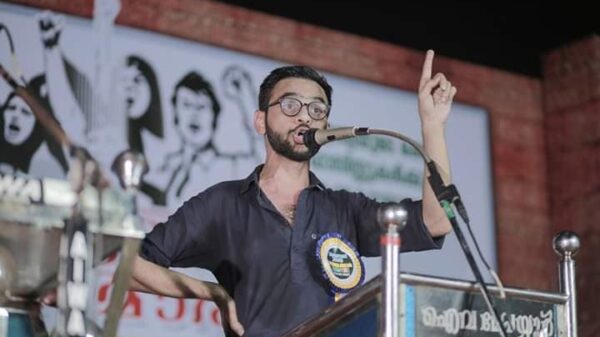


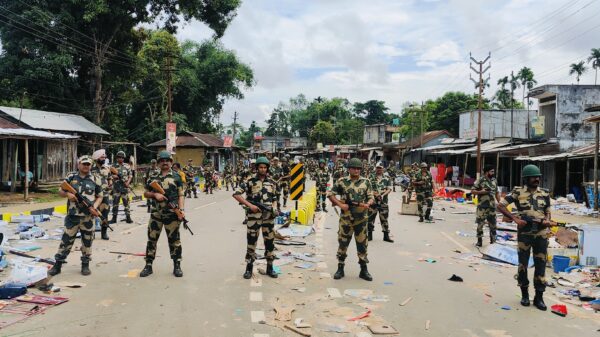

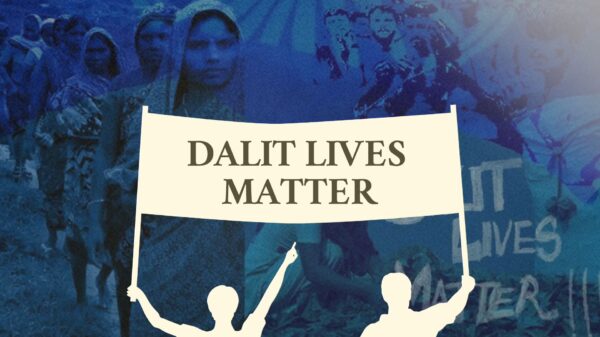



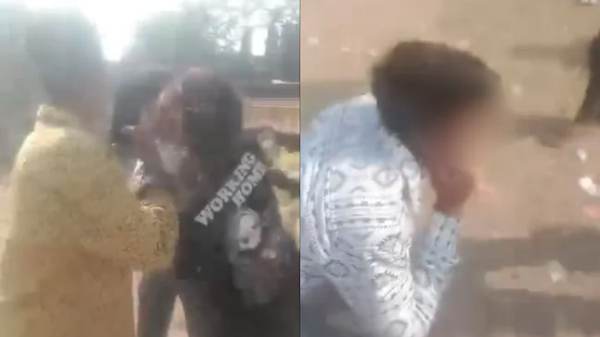
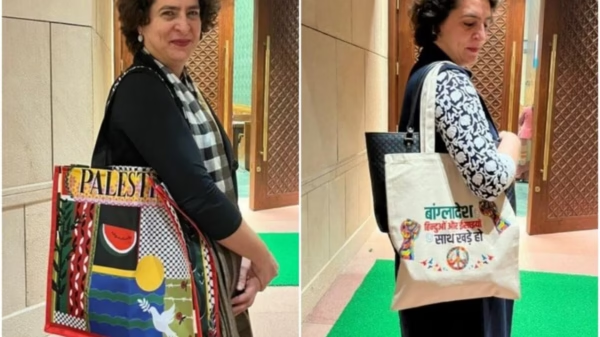
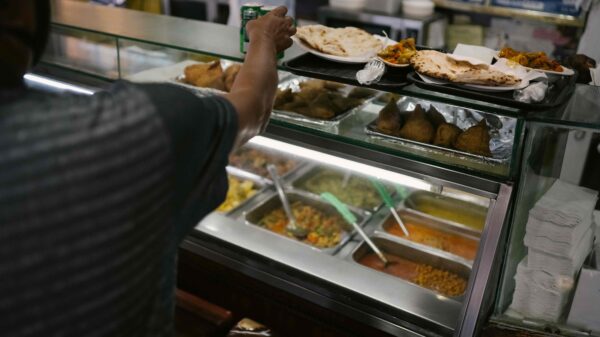
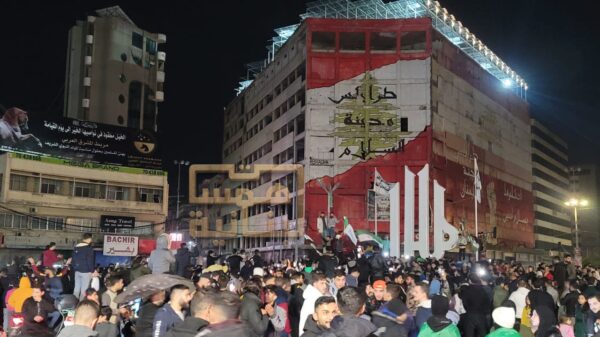
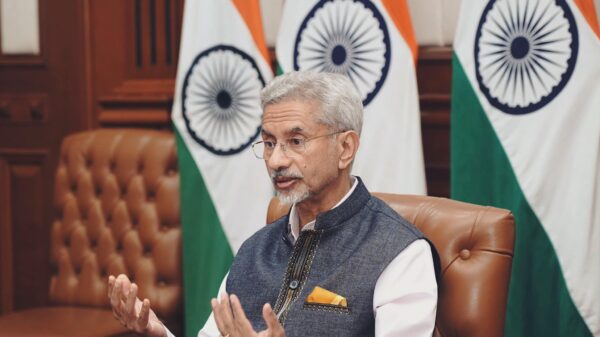


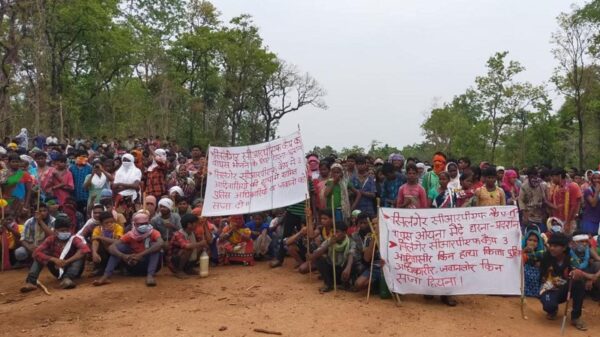



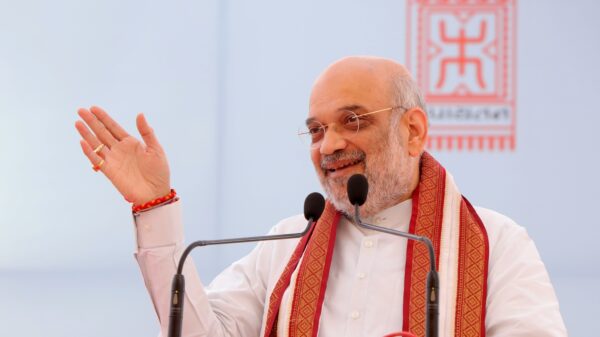
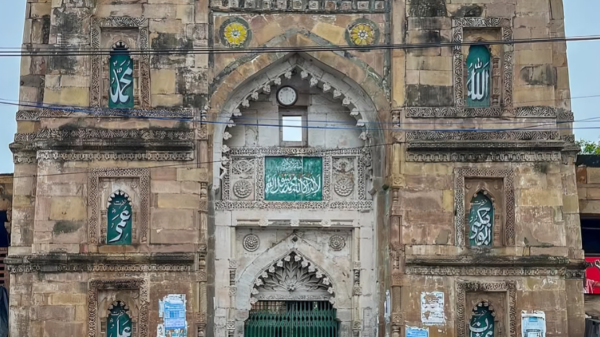



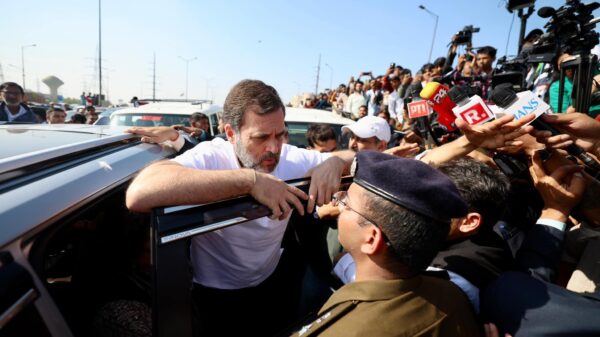
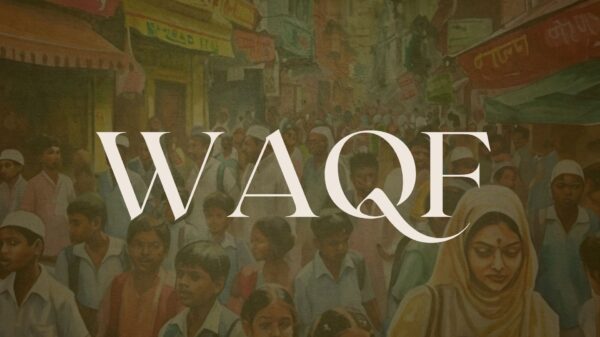

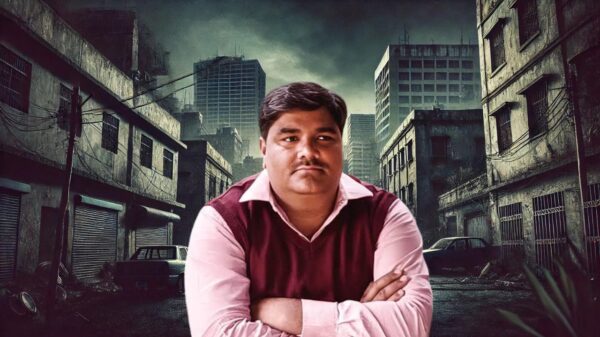
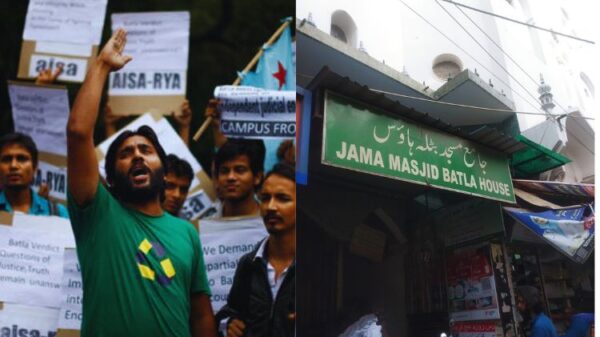



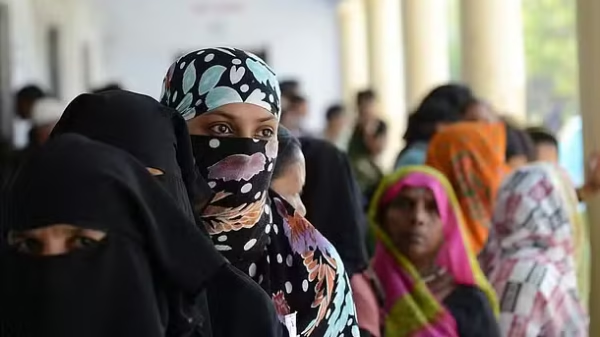
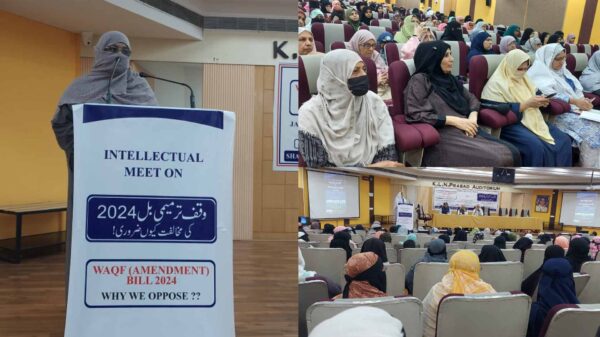





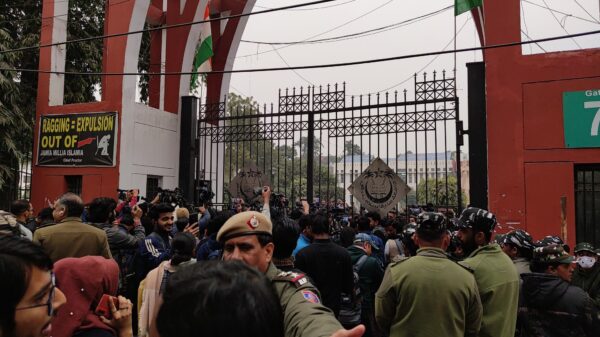
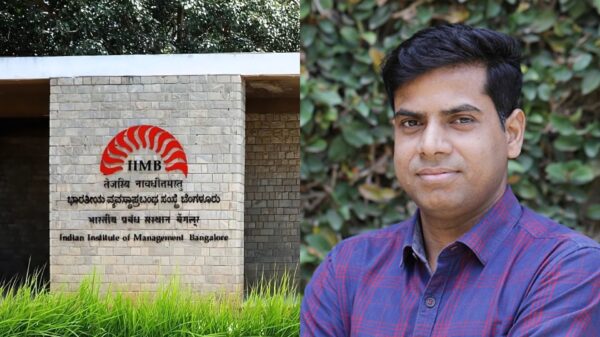

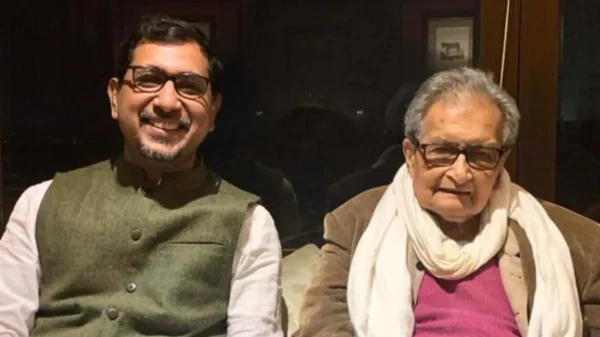





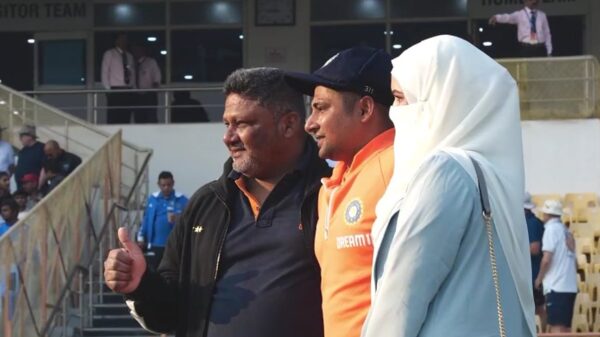


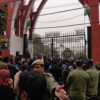




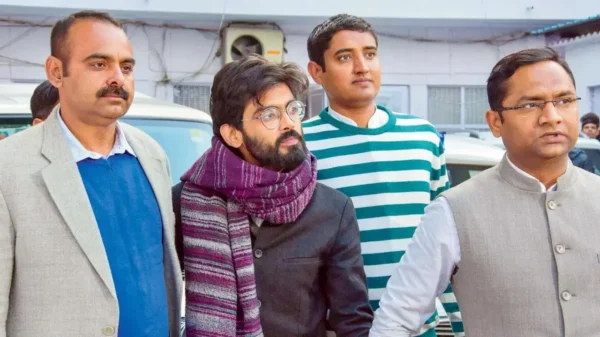

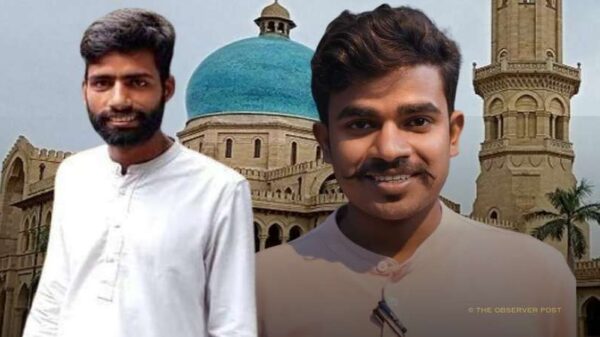

Suhail
October 5, 2024 at 5:30 am
Very well written article.
Keep doing good job brother